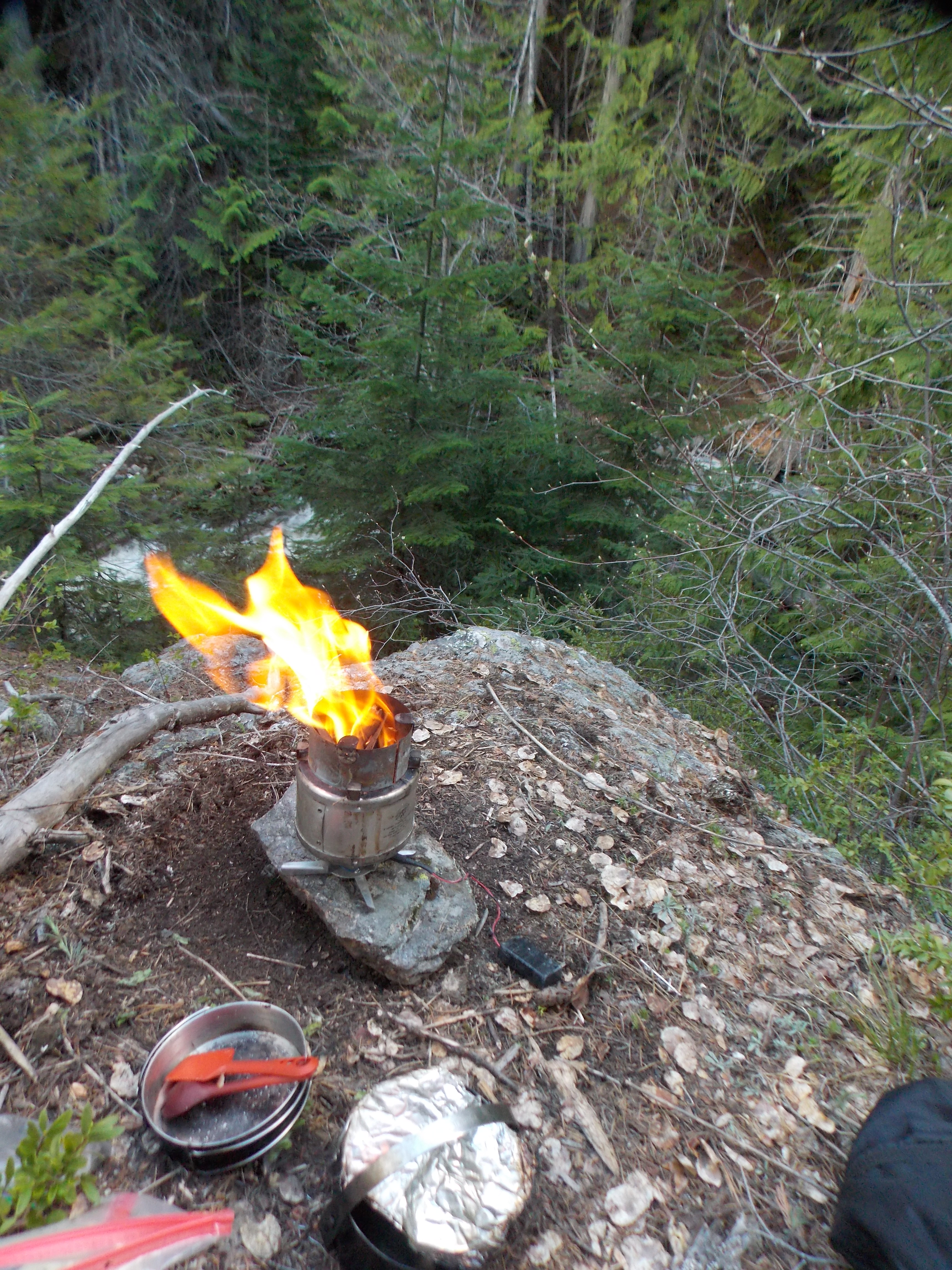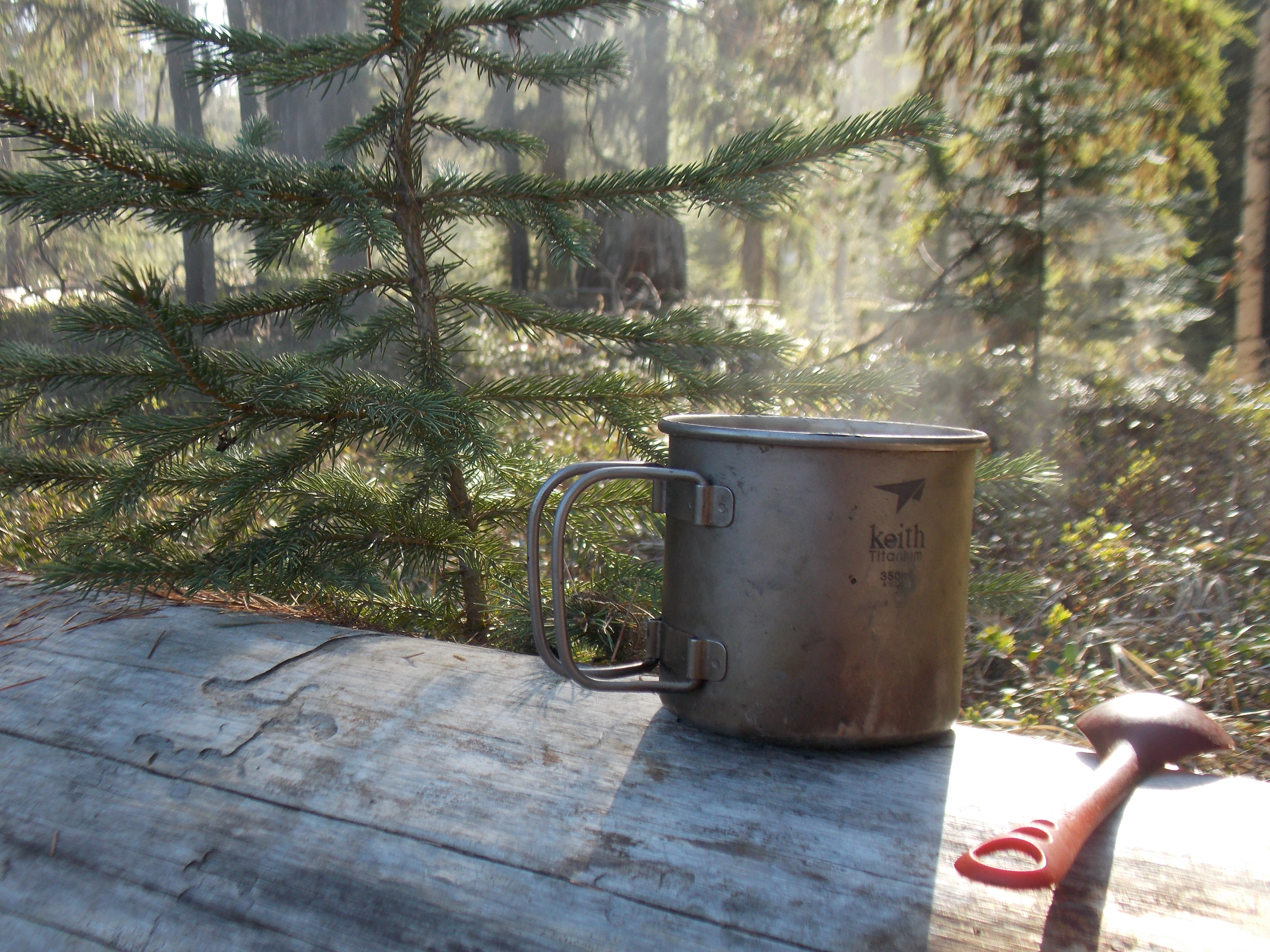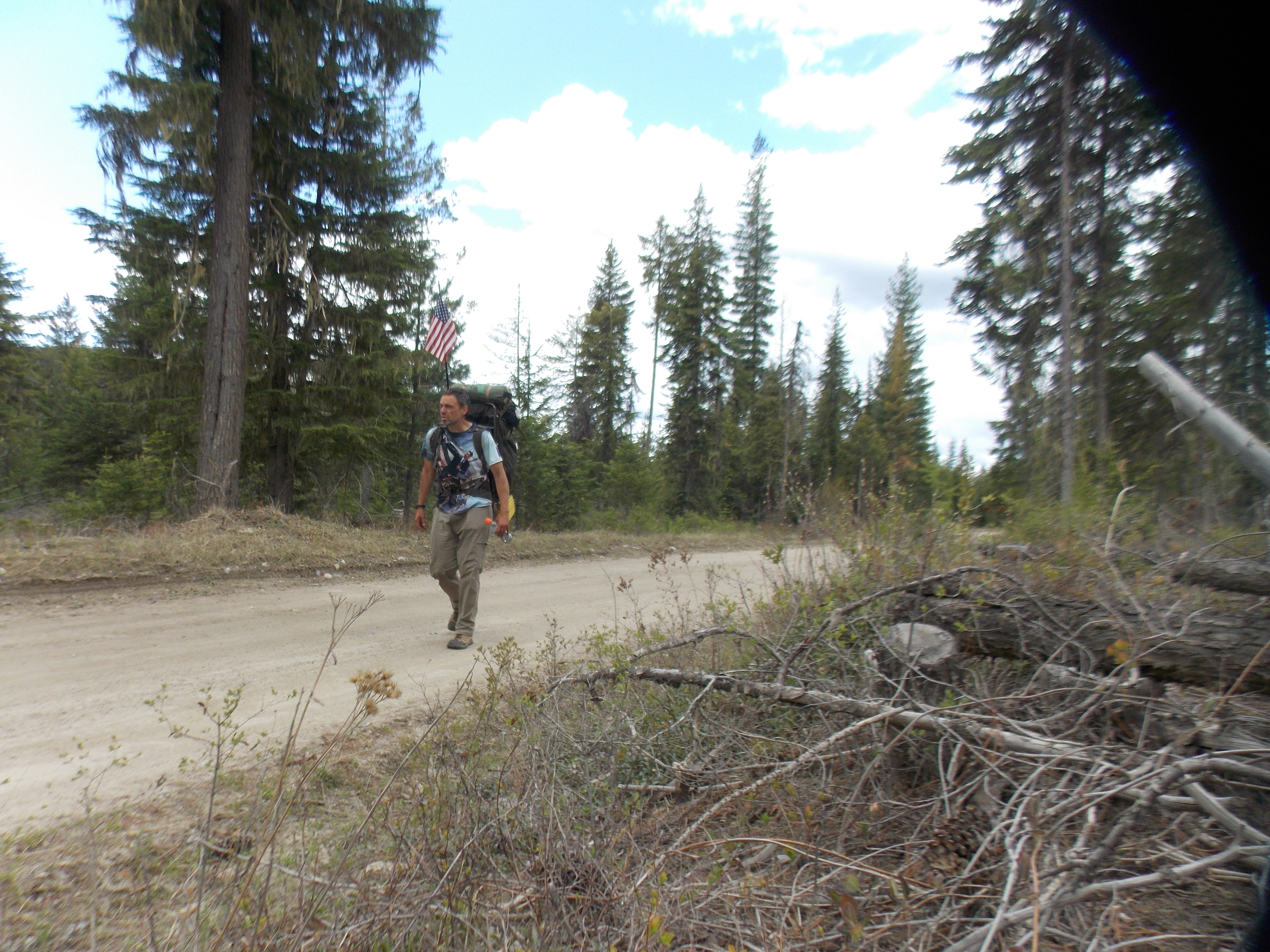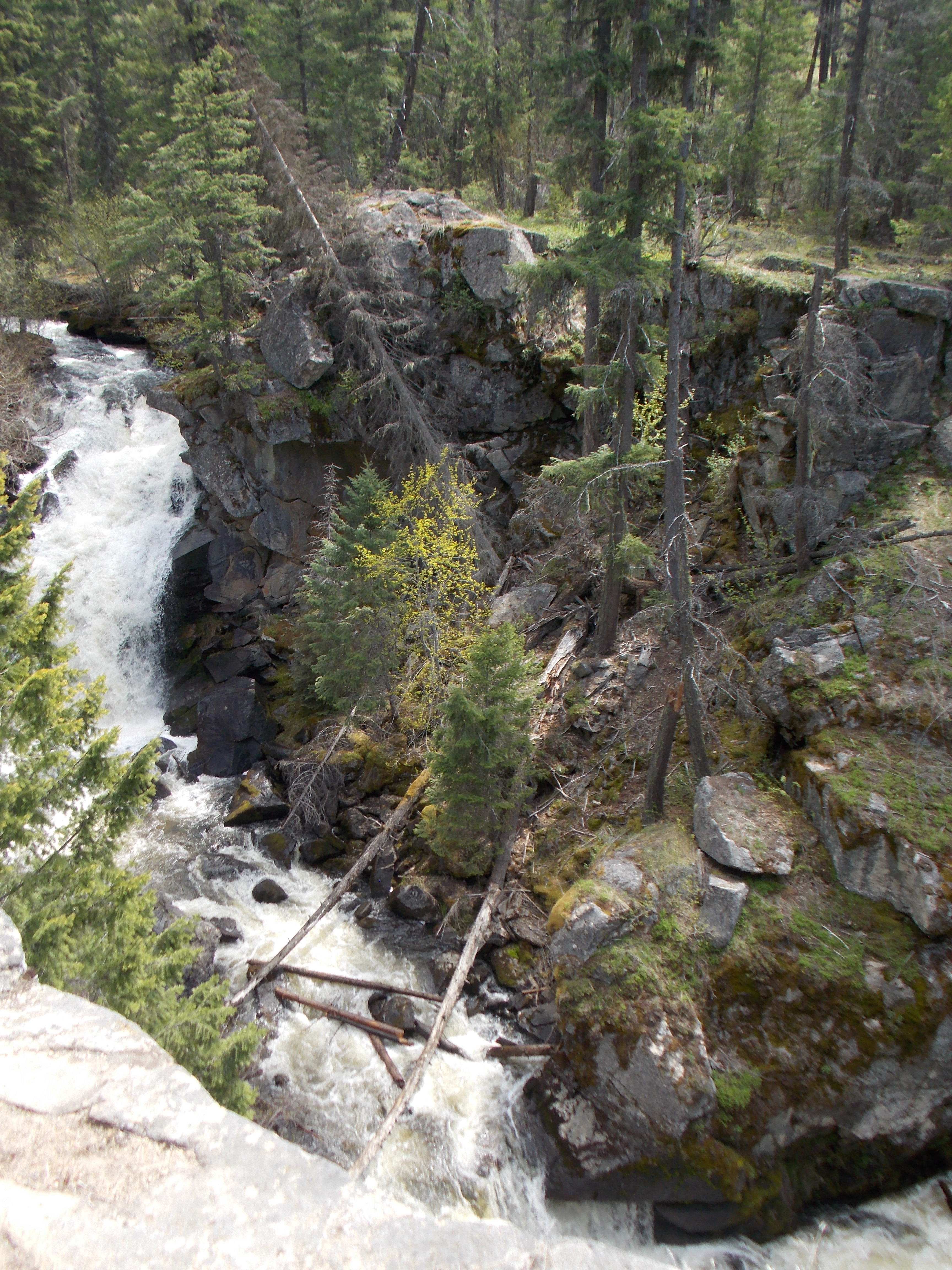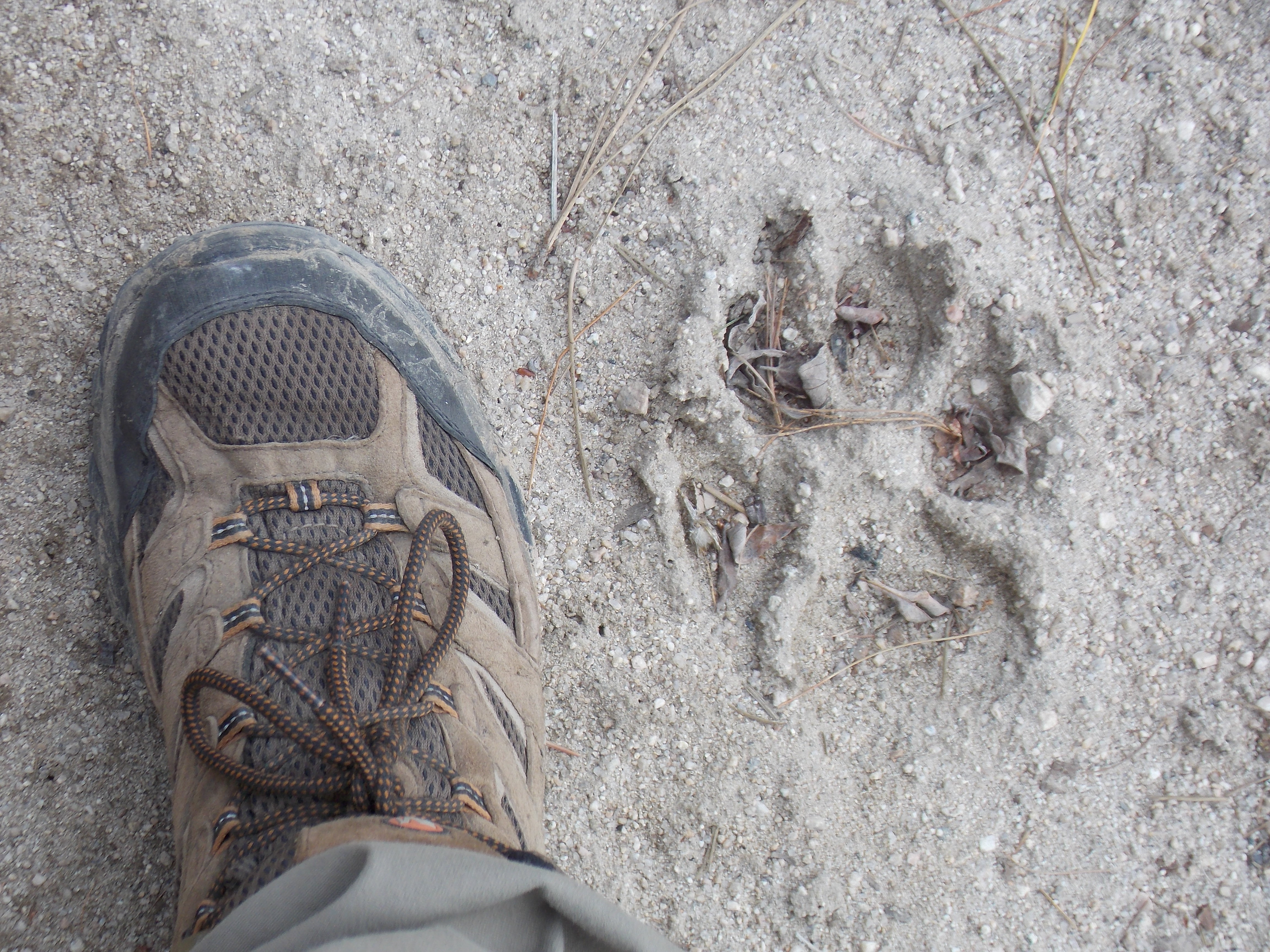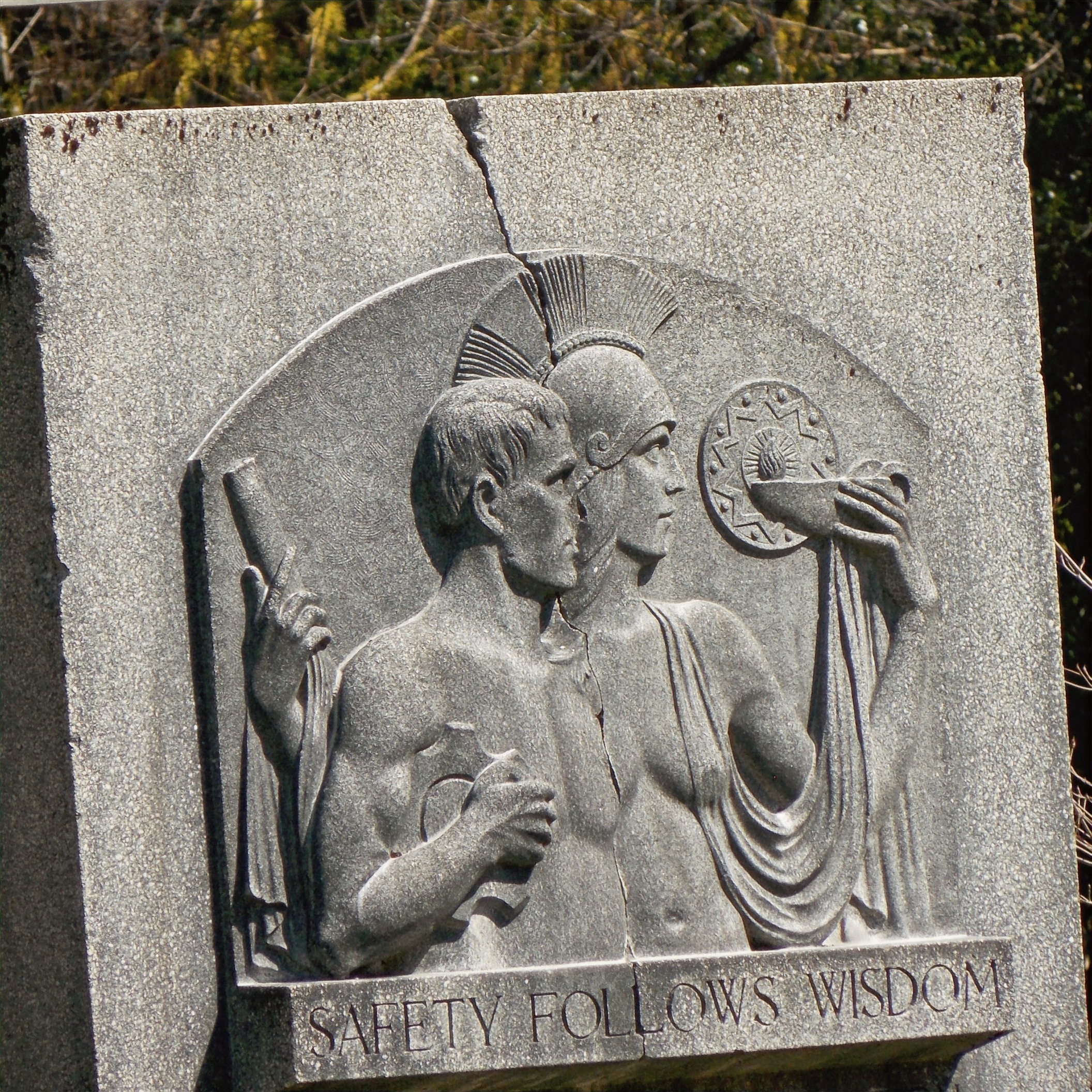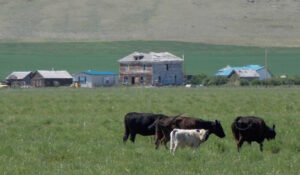A tiny slip of paper, extruded from a fortune cookie back in western Pennsylvania, fell out of my pack yesterday during preparation to get underway. It’s sitting here now and reads, “A ship in harbor is safe, but that’s not why ships are built.”
I try not to derive all of my philosophy from fortune cookies, but Asia Cuisine of Vandergrift, Pennsylvania, is known to deliver not only the General Tso’s but also profundity. And I immediately suspected, after crunching my cookie, that the author wasn’t really talking at all about navigation.
Throwing ourselves into harm’s way may cause immediate harm—this is obvious—but not throwing ourselves into harm’s way may prove even more harmful, just in the longer term and bigger picture, I think. How prepared is the average American to deal with natural disasters, violence, or a plane or car crash? Confronted with this question, I think that the minds of most Americans would fly toward their emergency supplies, if they have any: canned foods in the basement, an emergency medical kit, or guns. But that’s not where preparedness starts; it starts with you.
Exposure to tough circumstances—of all kinds—breeds endurance, resilience, and fortitude.
This is why all military training begins with some kind of boot camp. Boot camp is usually a place where one does stupid and often counterproductive things, but it’s here that a recruit becomes tough enough to be relied upon in the circumstances to follow. You are uncomfortably close to 70 or so other cadets, you sleep uncomfortably little on a less than comfortable bunk, and your body has to do uncomfortable exercises unless you want to find yourself at an uncomfortable proximity to the irate drill instructor.
Boot camp is just one of many ways many of us have found the value of deprivation, near-torture, and prolonged discomfort. I think that the most important ways to gain this fortitude though are self-imposed. These are things that sometimes look more like a training regimen, but sometimes simply take the form of personal disciplines—perhaps easy ways never taken. Whatever you’re doing to yourself is something tougher than the available alternatives, and there’s value in simply having chosen the more disciplined alternative and then having stuck to it. Ask anyone on a serious diet—one of the most common forms of modern self-deprivation.
With all the available ease and easily obtained food, it’s absolutely necessary that we maintain some level of self-discipline, so the basic idea advanced here really is universal. But is there not a close parallel here between what creates healthy bodies and healthy minds? Every kind of pleasure, distraction, decadence, and shallow pointless conversation presses on us constantly in modern-day America. Looking around, it sometimes seems like virtually everyone’s a part of it and we’d make ourselves oddballs to turn in other directions, to not seek pleasure or “the best seats in the house” or a more ostentatious house full of the art that tells everyone we’re people of distinction even if we’re anything but. Since at least the time of Socrates and the earlier Stoics, we’ve been told of the value of turning from ease and comfort, but we convince ourselves, I suppose, that this is a new world and a new humanity.
Maybe we get lazy because we can’t see the danger that’s always just over the horizon or lurking just below the surface. It’s something analogous to our equities markets, I think: a place where “investors” become careless during the booms, looking around at what a hundred thousand other “investors” are doing, then becoming complacent and haphazard about glittering new opportunities in times of skyrocketing indices. But when bad news strikes, panic ensues and the same smoothly rising seas that had been floating all boats suddenly throw all unmoored vessels mercilessly onto rocky shores. It seems an analogy the stoic Epictetus might have just as easily used long ago. And the study of human history seems dominated not by long periods of tranquility, but by the recurring and perhaps unavoidable tragic upheavals that do recur.
It’s just what’s on my mind this morning as I get ready to leave behind my safe space here in Ponderay, Idaho, for a return to the wild and the long road east. I’ve been an indoorsman for more than a week here: an actual bed to sleep on, bottomless coffee pot, food at my finger tips, and media on demand. It’s time to hit the road and make sure my calluses haven’t utterly vanished, that my legs can still move a heavy pack forward, and importantly, that I still have a mind to deal with hardship and discomfort.
I don’t know what might be coming for myself or the country I’m now sojourning across, but I think it’s better to remain prepared than comfortable.
